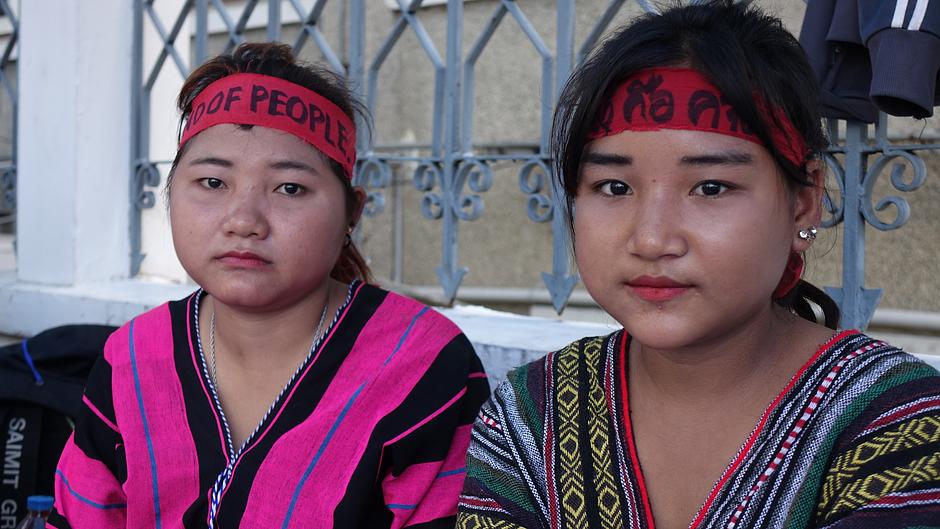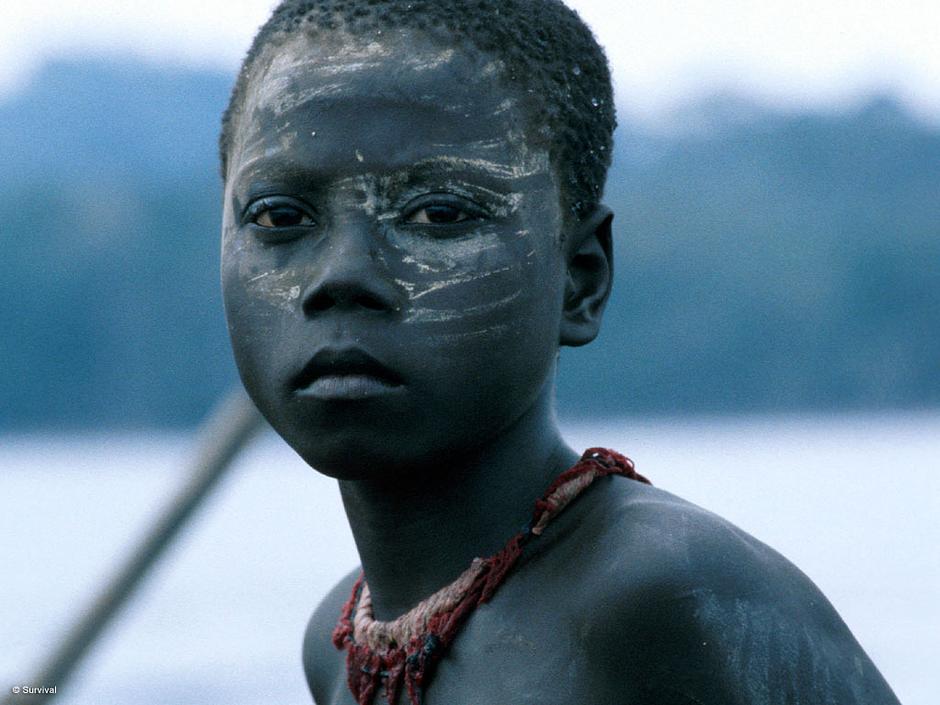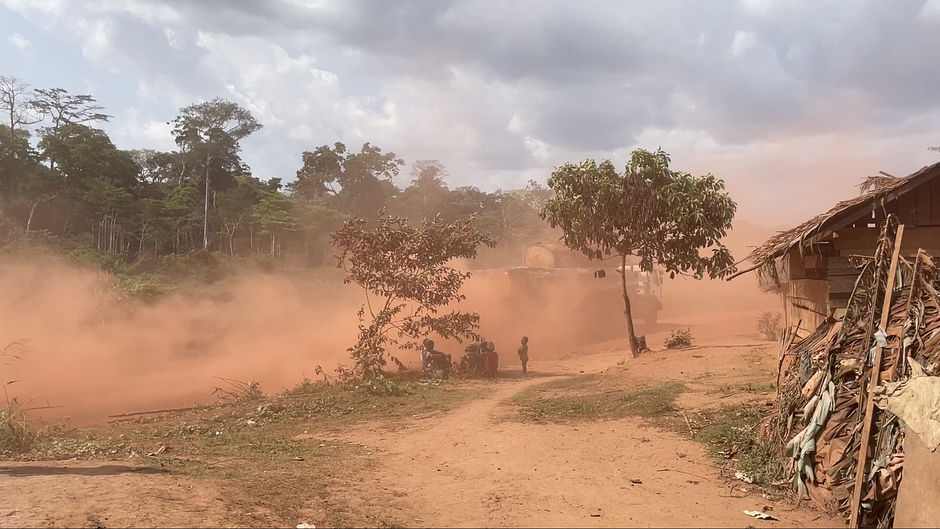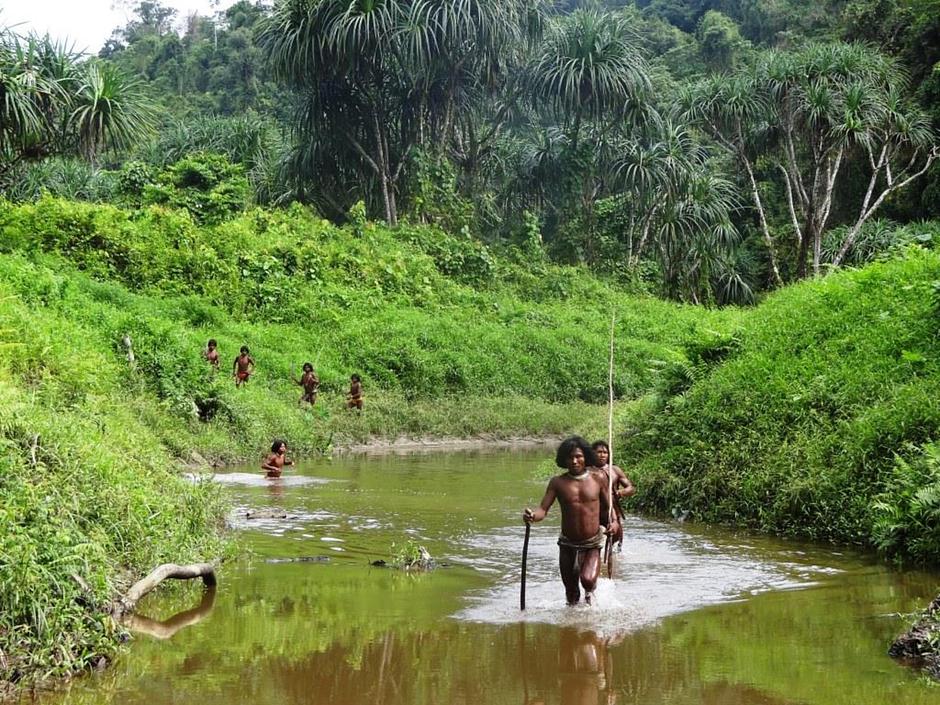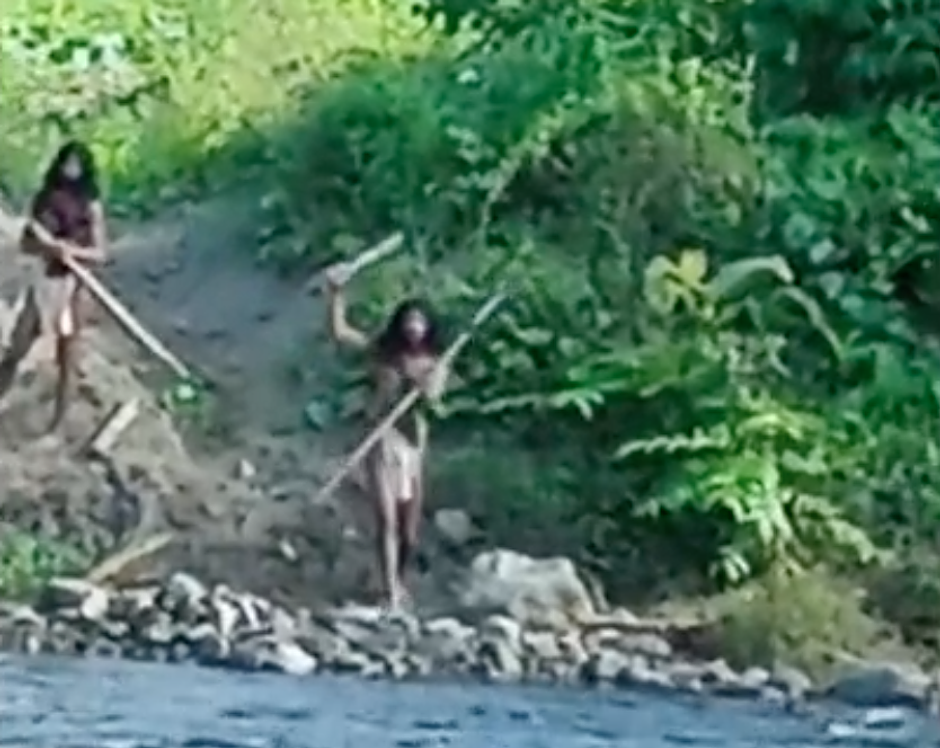Dos and Don’ts for Tourists
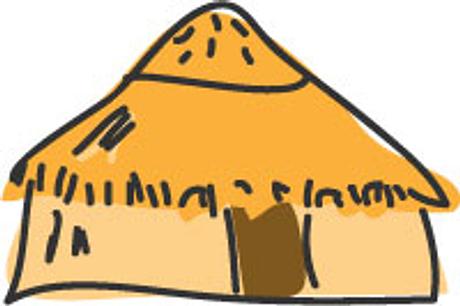
Tourism & tribal peoples
Travel gives people the choice to see unfamiliar cultures, traditions and ways of life, but within this freedom, lies the privilege of being able to choose how you go about it. Travellers thinking of visiting tribal areas need to think very carefully about the longterm effects on tribal peoples, not the fleeting thrill of the experience or the glory of the story once back home. If tourists do not travel responsibly to tribal areas, there is a real threat of tourism destroying the lives of tribal people across the globe. If you visit national parks or go on safari, be aware that you are supporting a model of “fortress conservation” which has seen millions of people worldwide illegally evicted from their ancestral homelands. The evictions are ongoing and they are destroying tribal communities. We urge you to find out if the “wilderness” you are visiting was once the home of tribal peoples. Were they evicted? If so, tell people what’s going on. The least you can do is raise these issues with park guards, officials, tour companies, etc. The case of India’s Jarawa tribe is an extreme example of how tourism can go wrong, with tour operators selling trips to the recently-contacted tribe in a version of a Human Safari. Promoting tours by using derogatory terms such as ‘primitive’, and advertising their ‘nakedness’ shows a clear lack of respect. Tour operators have no right to sell the Jarawa as part of a voyeuristic package, where their privacy and way of living is put in the glare of a stranger’s camera. Forcing them to dance in return for sweets and biscuits, for the amusement of onlookers, is only possible where they’re viewed as somehow less than fully human. Sadly, the existence of Human Safaris in the Andamans is not isolated, but replicated in other areas of India and around the world. It is crucial tourists boycott such unethical ‘attractions’, so there is no fuel in the market to drive such tasteless practices. Travel to peoples who aren’t in regular contact with outsiders must be avoided at all cost. It’s dangerous for everyone. Uncontacted tribal peoples are the most vulnerable societies on the planet. They have no resistance to diseases like flu and measles. It is not unusual for 50% of a tribe to be wiped out within a year of first contact. Three dos and don’ts for tourists visiting tribal areas: DO: 1. Research well before you go, and boycott unethical tours (unfortunately Survival is unable to recommend ethical tour operators) 2. Support firms that work closely with the people and share revenues fairly (Survival is unable to advise on this) 3. Respect the cultures and traditions of the people you are visiting DON’T: 1. Treat tribal peoples as if they are primitive and backward 2. Visit areas where tribal peoples have been forced off their land 3. Objectify or take photos and films of tribal people, unless you are confident genuine consent has been given. Please see our filming guidelines for more information.


